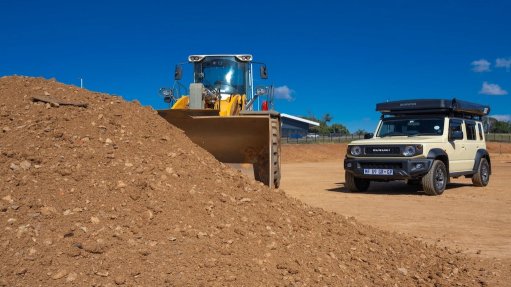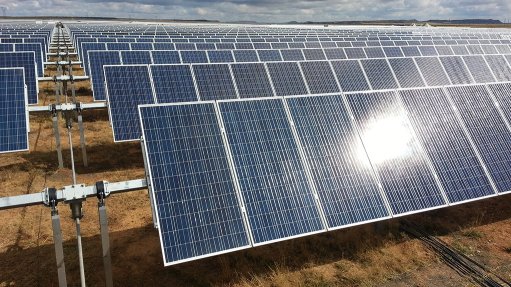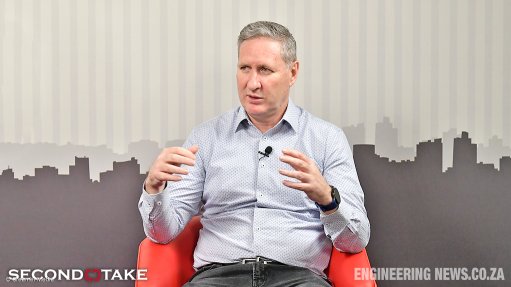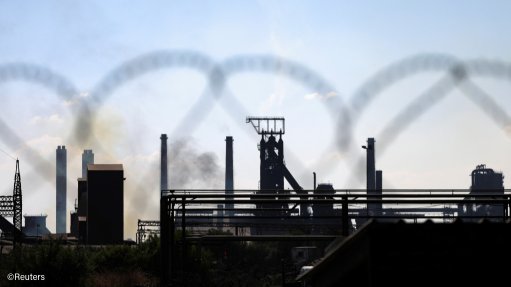Biden assurances on jobs sting like insults in mines, oil patch

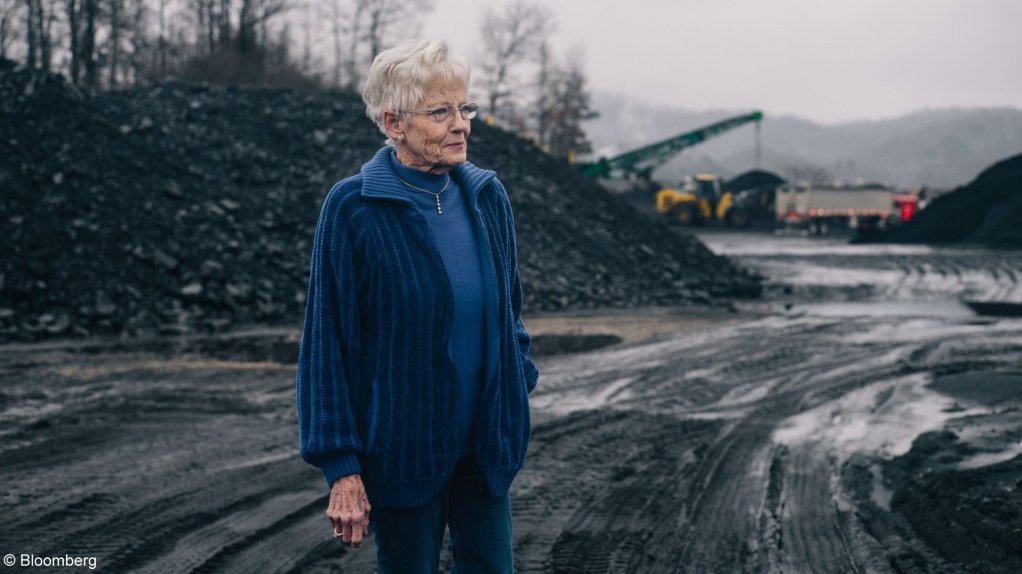
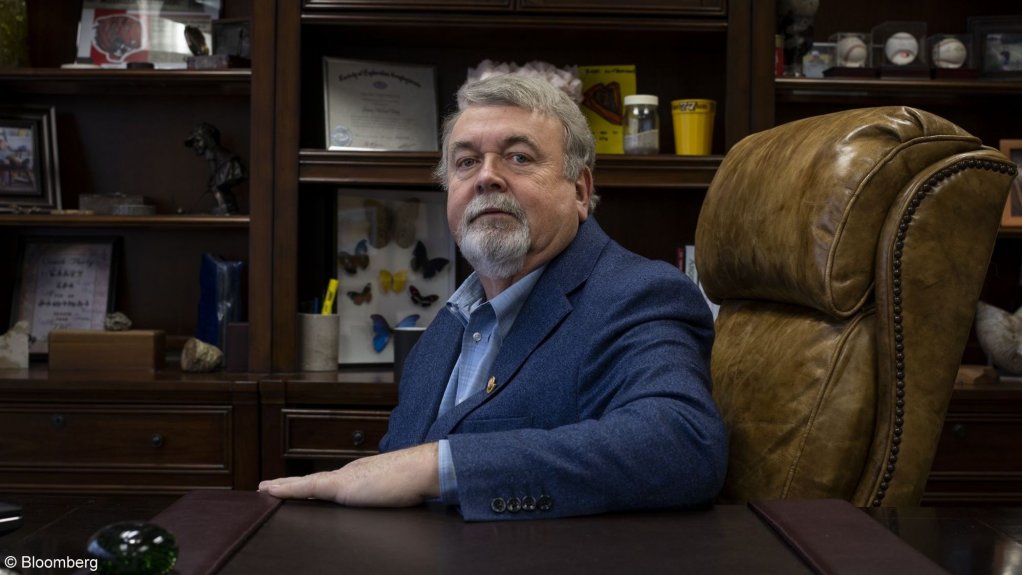
Joyce Evans ran her own coal yard until 2000 and still works at the site near the convergence of Tennessee, Virginia and Kentucky.
Mike Party is the CEO Beryl Oil and Gas in Midland, Texas.
The Biden administration has gotten off to a rough start trying to reassure coal miners and oil workers whose jobs are threatened by the president’s fight against climate change.
Vice President Kamala Harris drew derision on social media after she told a West Virginia television station that people could be put to work reclaiming abandoned “land mines.” A day earlier, climate envoy John Kerry said during a White House briefing that displaced laborers face “better choices” making solar panels and installing wind turbines.
Such comments have backfired with oil workers twisting pipe in Texas and miners harvesting coal in Appalachia.
“Sure, we’re going to make solar panels in these mountains,” Joyce Evans scoffed from her home in Pineville, Kentucky.
Evans, who ran her own coal yard until 2000 and still works at the site near the convergence of Tennessee, Virginia and Kentucky, says she’s skeptical of the promises from Washington and disturbed by the new administration’s early climate moves.
The frustration underscores the stakes for hundreds of thousands of workers whose jobs are imperiled by President Joe Biden’s fight against climate change and the economy’s embrace of renewable energy. And it highlights the political challenge for Biden as he tries to enlist Americans in a battle for cleaner energy -- including voters in swing states rich in fossil fuels.
Many of them, including West Virginia and Pennsylvania, were once reliably Democratic, but Republicans -- led by former President Donald Trump four years ago -- have successfully appealed to blue-collar workers there with promises to support their jobs and their fossil-driven economies.
“It just shows the arrogance of politicians,” said Mike Party, 65, the chief executive of Beryl Oil and Gas in Midland, Texas, whose 43-year career in the oil and gas industry started with a summer job. “When they sit there and say you should just go find another career, how do you not take that personally?”
Biden casts his moves to combat climate change as an economic opportunity, with the promise to spur jobs installing solar panels, building wind turbines and weatherizing homes. “We’re never going to forget the men and women who dug the coal and built the nation,” Biden vowed as he announced a slew of climate initiatives last month. “We’re going to do right by them -- make sure they have opportunities to keep building the nation and their own communities” while “getting paid well for it.”
A White House spokesman said that Biden’s climate plan would make transformative investments in infrastructure and tackle the climate crisis while creating millions of good union jobs. The administration will take additional actions to fulfill these commitments in the weeks and months ahead, the spokesman said, asking not to be identified. The president created a government working group dedicated to the issue and ordered it to come up with a plan for driving the economic revitalization of communities affected by the decline of fossil fuels. The initiative dovetails with a campaign by environmentalists and Appalachian leaders for a just transition that combines policies, training programs and investments to ensure communities and workers aren’t left behind in the shift away from fossil fuels.
Brandon Dennison, chief executive of Coalfield Development, a group focused on revitalizing central Appalachia, said workers don’t want to be viewed as collateral damage or blamed for climate change.
“Most conversations about climate change have treated coal workers as an afterthought,” with insulting suggestions they can be retrained or just move, Dennison said. “The reality is many job-training programs haven’t worked that well. And, by and large, we don’t want to move and doing so would cost too much anyway.”
Dennison said both politicians and environmental advocates need to change the way they view -- and talk about -- affected fossil fuel workers, who don’t want to be treated as “a charity case.”
Kerry’s comments at the January 27 White House briefing on climate unfairly suggest it’s easy to find a new job -- or that oil workers would be willing to move far from their current homes to find them, said Jerry, who supervises the construction of offshore rigs, pipelines and components at a fabrication yard in southern Louisiana. Jerry asked that his last name not be used, citing concerns his frank talk could harm his employer.
“What are our choices? They keep saying we have choices, but what are they?” Jerry said through a thick Louisiana accent. “Are we just supposed to lift our whole livelihood and move because they want to buy oil from outside the United States?”
Jerry, who has been fabricating fittings and parts for offshore facilities for 25 years, said the work comes with a good wage and retirement benefits, enabling him to pay tuition for one child in college and two others in private school.
“It’s not as easy as just going to get another job. You have a family to support,” he said. “When you’re used to making 25, 35 dollars an hour and have to take a pay cut to 10 to 12 what does that do to the food on your table? What does that mean to your kids?”
Kerry’s comments have drawn particular ire because of a report that he flew in a private jet to Iceland two years ago to accept an award for his work against global warming.
“When John Kerry and Biden say those kind of things, they have just written off most of the country,” Earl Sebring, whose two-person exploration company drills for oil in the prolific Permian Basin spanning west Texas and eastern New Mexico. “It’s easy for John Kerry to say, when he’s getting off his private jet, things like ‘they will have better choices.’ That’s fine for someone who has never worked a day in his life, but the entire Permian Basin is based on oil and gas.”
The focus on Kerry’s use of a private plane is a distraction, according to the climate envoy’s allies.
“As a private citizen, John Kerry took responsible steps to reduce and manage his carbon footprint,” including using solar power and electric vehicles said David Wade, who was chief of staff during Kerry’s tenure as secretary of state. “And on the very rare occasion when he flies a private flight, he buys carbon offsets.”
Biden climate adviser Gina McCarthy tried to address the concern over jobs at the January 27 White House briefing at which Kerry spoke.
“We’re not going to ask people to go from the middle of Ohio or Pennsylvania and ship out to the coast to have solar jobs,” McCarthy said. “Solar jobs will be everywhere, but we need to put people to work in their own communities.”
That message may have been undermined the next day by a slip of the tongue when Harris touted new opportunities for skilled coal workers during an interview with West Virginia’s WSAZ. New jobs could include plugging oil wells and “reclaiming abandoned land mines,” Harris said.
Gaffes and tone-deaf remarks on the issue carry political risk. Hillary Clinton learned this firsthand in 2016, when the former Democratic presidential nominee volunteered, “We’re going to put a lot of coal miners and coal companies out of business” -- a candid, if poorly phrased, assessment of the industry’s economic decline that haunted her on the campaign trail.
By contrast, her Republican opponent, former President Trump, set out to woo votes from coal country. He pantomimed digging coal on stage and told hard-hat-wearing workers at one rally to “Get ready, because you are going to be working your asses off.”
Ultimately, Trump’s campaign promises didn’t lead to an industry resurgence. The US had about 47 400 mining jobs as of January 2020, before the Covid pandemic crushed more of them -- about 7% fewer than when Trump was inaugurated in January 2016.
That’s a far cry from the 863 000 miners that were using pickaxes, shovels and blast powder to carve coal from mostly subterranean seams in 1923, the heyday for the industry’s employment in the US. But as the industry grew more automated, longwall machines and conveyors run by just a few workers replaced hand tools and the multitudes of miners once needed to wield them. Now, increased efficiency along with dropping power sector demand for coal means the industry is in decline regardless of federal policy.
Workers faced with shrinking opportunity have legitimate concerns, said Peter Hille, president of the Mountain Association that promotes more diverse and resilient economic development in eastern Kentucky communities long tied to coal. “Experience has taught them to be skeptical of the promises of politicians,” Hille said.
Richard Chase, a retired miner in Wheeling, West Virginia, knows coal is in decline.
“Sooner or later, coal is going to be done,” Chase said. “It’s a dirty power source.”
But if that happens “all at once you’re going to be putting a lot of guys out of work,” Chase said. “Those guys have to be trained to do something else.”
Chase worked for decades in a series of mines in West Virginia and across the border in Pennsylvania. The work involved long days and plenty of them -- “you could work nine days straight” -- but it earned enough money to feed a family, put children through college and retire at 55, Chase said.
“If it weren’t for that place, I probably wouldn’t be where I’m at now -- retired, and still I can still get anything I want,” Chase said. “I loved that job.”
Comments
Press Office
Announcements
What's On
Subscribe to improve your user experience...
Option 1 (equivalent of R125 a month):
Receive a weekly copy of Creamer Media's Engineering News & Mining Weekly magazine
(print copy for those in South Africa and e-magazine for those outside of South Africa)
Receive daily email newsletters
Access to full search results
Access archive of magazine back copies
Access to Projects in Progress
Access to ONE Research Report of your choice in PDF format
Option 2 (equivalent of R375 a month):
All benefits from Option 1
PLUS
Access to Creamer Media's Research Channel Africa for ALL Research Reports, in PDF format, on various industrial and mining sectors
including Electricity; Water; Energy Transition; Hydrogen; Roads, Rail and Ports; Coal; Gold; Platinum; Battery Metals; etc.
Already a subscriber?
Forgotten your password?
Receive weekly copy of Creamer Media's Engineering News & Mining Weekly magazine (print copy for those in South Africa and e-magazine for those outside of South Africa)
➕
Recieve daily email newsletters
➕
Access to full search results
➕
Access archive of magazine back copies
➕
Access to Projects in Progress
➕
Access to ONE Research Report of your choice in PDF format
RESEARCH CHANNEL AFRICA
R4500 (equivalent of R375 a month)
SUBSCRIBEAll benefits from Option 1
➕
Access to Creamer Media's Research Channel Africa for ALL Research Reports on various industrial and mining sectors, in PDF format, including on:
Electricity
➕
Water
➕
Energy Transition
➕
Hydrogen
➕
Roads, Rail and Ports
➕
Coal
➕
Gold
➕
Platinum
➕
Battery Metals
➕
etc.
Receive all benefits from Option 1 or Option 2 delivered to numerous people at your company
➕
Multiple User names and Passwords for simultaneous log-ins
➕
Intranet integration access to all in your organisation









